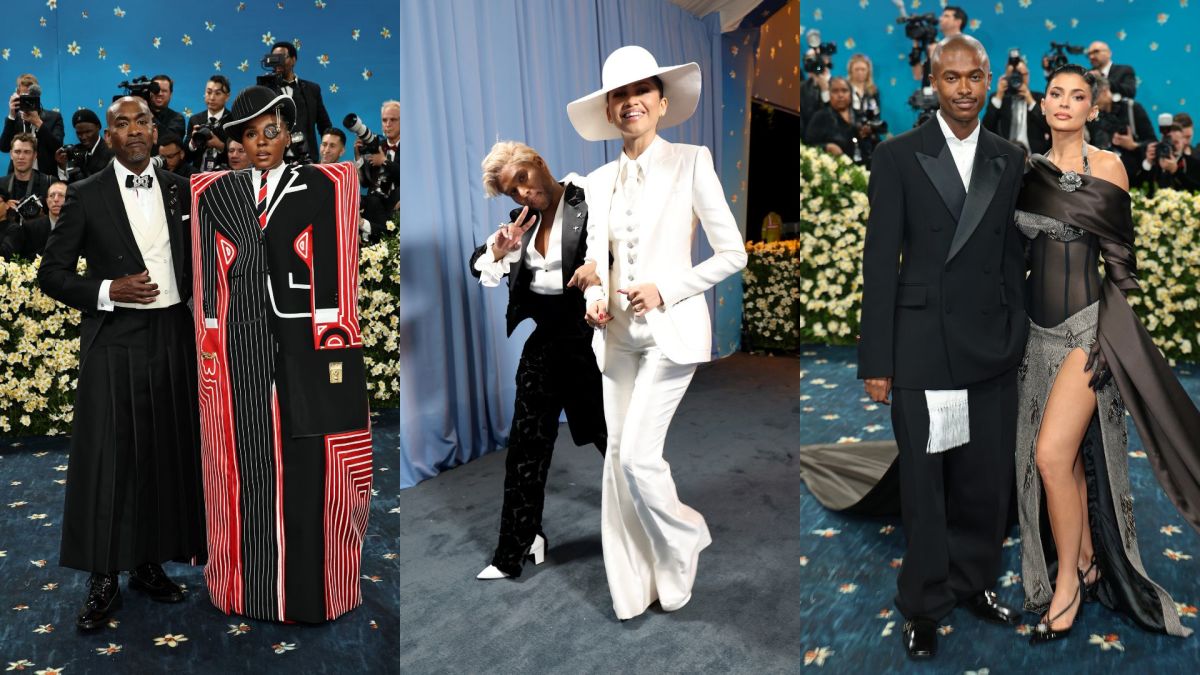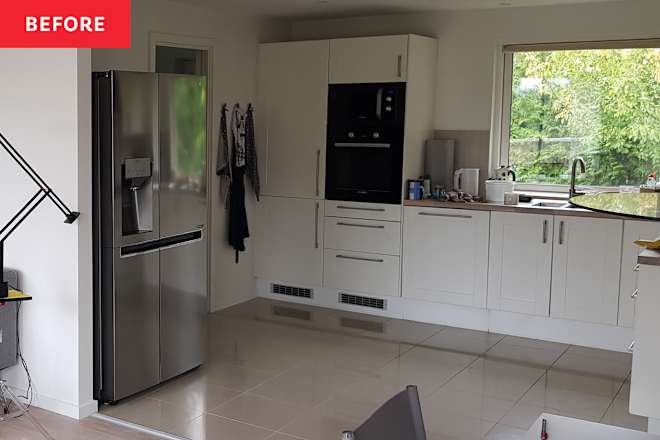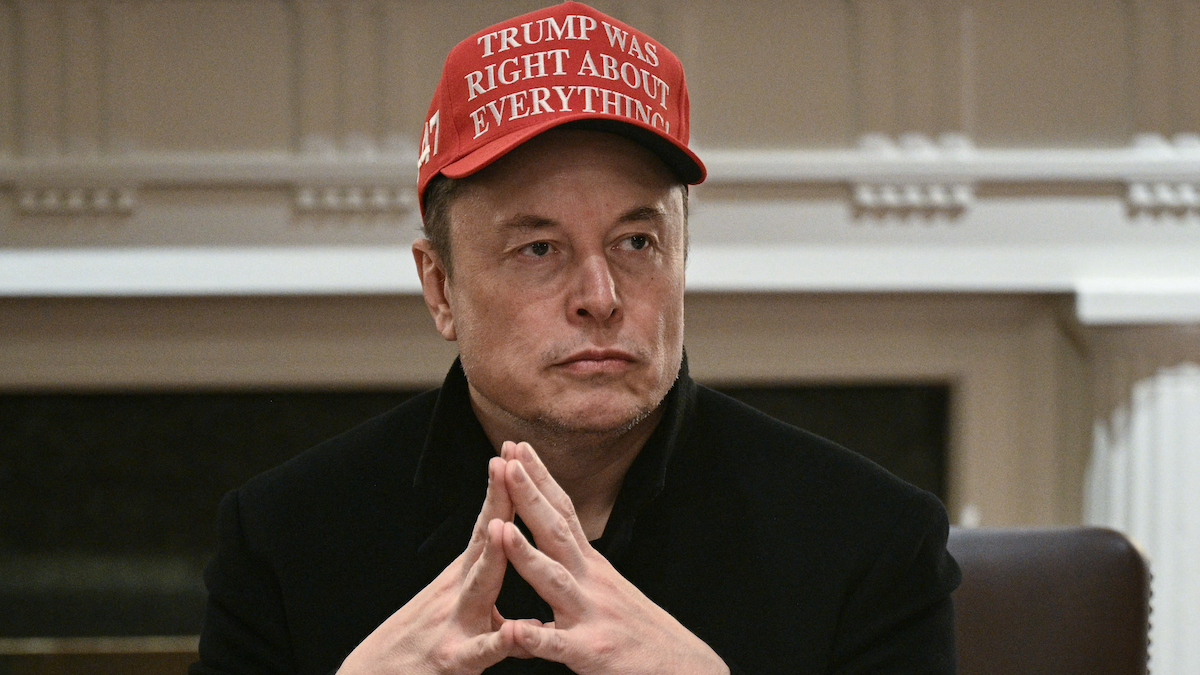Studio Execs Say California Needs to Be More Competitive to Bring Production Back to Hollywood
"It’s almost more a California issue, honestly, than a U.S. issue," Sony Pictures CEO Ravi Ahuja says at the Milken Institute Global Conference The post Studio Execs Say California Needs to Be More Competitive to Bring Production Back to Hollywood appeared first on TheWrap.

As part of a wide-ranging talk on the future of the entertainment industry at the Milken Institute Global Conference, four Hollywood executives discussed the future of film and TV production in the United States and specifically, in the studios’ backyard in California.
While Donald Trump’s social media float of “film tariffs” this past Sunday night was touched upon, the executives focused on the more concrete process winding through California’s legislature to expand the state’s tax credit program to make it more competitive with other production hubs that are pulling jobs from Hollywood’s local industry.
“In terms of production leaving here, it’s almost more a California issue, honestly, than a U.S. issue,” Sony Pictures CEO Ravi Ahuja said. “So, while it’s true a lot of production has left the United States, it’s even worse for California, and there are a lot of people — including our companies — that are working on this with the state government and trying to come up with different bills that will help.”
Ahuja was joined by Amazon MGM chief Mike Hopkins, chairman and CEO of HBO and Max Casey Bloys and Universal Studio Group’s TV chairman Pearlena Igbokwe, all of whom shared the same sentiment: they want to shoot in California, but it has to make economic sense.
“It’s a great day when you can walk out of your office and walk down to the set and say ‘hi’ to your talent and see what’s happening,” Hopkins said.
Igbokwe knows personally how much of an advantage it can be to have TV shows shooting where executives like her work, noting that she currently has eight NBC and Peacock productions, including “Bel-Air,” shooting on the Universal backlot.
“That’s a dream to be able to just see your show and not have to get on a plane for five hours or 15 hours,” Igbokwe said. “It’s not like we get up and say, ‘Oh wow, I would love to go to Budapest today.’ But our job is that. We want to give the producers, writers, storytellers the resources they need … because you want the money as much on the screen as possible, and that might mean you’re not able to afford filming locally.”
“I think what’s forgotten in our business is that the margins are pretty modest. In any studio it’s about 10%. It’s not like we’re drawing from an enormous well of profit,” Ahuja added. “Producers will tend to locate in the place that’s efficient — so, the more we can make the U.S. efficient, the better.”
Bloys also noted that a major issue with California’s incentive program is that it is a lottery-based program, and projects that receive the tax credit have six months to begin production or risk having their credit returned to the incentive pool. It is that uncertainty that steers producers towards other states and countries where the incentive application process has more assurances.
“If California were to address that, it would be a big difference. The talent is here, the infrastructure is here,” Bloys said. “But the issue becomes when you’re trying to plan, because [the California incentives] are capped, you can’t plan. You have to get into a lottery, and you’re not sure if your show is going to get the tax break or not.”
A pair of bills that would expand the types of productions eligible for the California tax incentive have passed several committee votes and could be ready for a floor vote later this month. Meanwhile, the legislature is set to begin its budgetary process for the coming year, and part of that process will be weighing Gov. Gavin Newsom’s proposal to raise the cap of the production incentive program from $330 million to $750 million.
Meanwhile, actor Jon Voight has been meeting with entertainment unions and executives for his “Make Hollywood Great Again” plan, which would use a combination of a federal tax incentive and penalties for U.S. productions that shoot overseas to encourage more shoots in the United States.
Voight presented the proposal to President Trump over the weekend, but the only element of the plan that he has publicly supported is the penalties, which he presented in a social media post earlier this week. The “tariffs” are similar to the ones that he has imposed on China in a move that has riled global markets and sparked a trade war. The White House somewhat walked back the post on Monday saying “no final decisions” had been made and that the Trump Administration was “exploring all options.”
The post Studio Execs Say California Needs to Be More Competitive to Bring Production Back to Hollywood appeared first on TheWrap.




![Found Footage Anthology ‘Clickbait’ Skewers Online Culture [Review]](https://bloody-disgusting.com/wp-content/uploads/2025/05/thumbnail_image.png)
![Countess Elizabeth Báthory: Sorting the Truth From the Lies [Murder Made Fiction Podcast]](https://bloody-disgusting.com/wp-content/uploads/2025/05/DB-ZuqvW0AAJC-D.jpglarge.jpg)














































![Hollow Rendition [on SLEEPY HOLLOW]](https://jonathanrosenbaum.net/wp-content/uploads/2010/03/sleepy-hollow32.jpg)
![It All Adds Up [FOUR CORNERS]](https://jonathanrosenbaum.net/wp-content/uploads/2010/08/fourcorners.jpg)






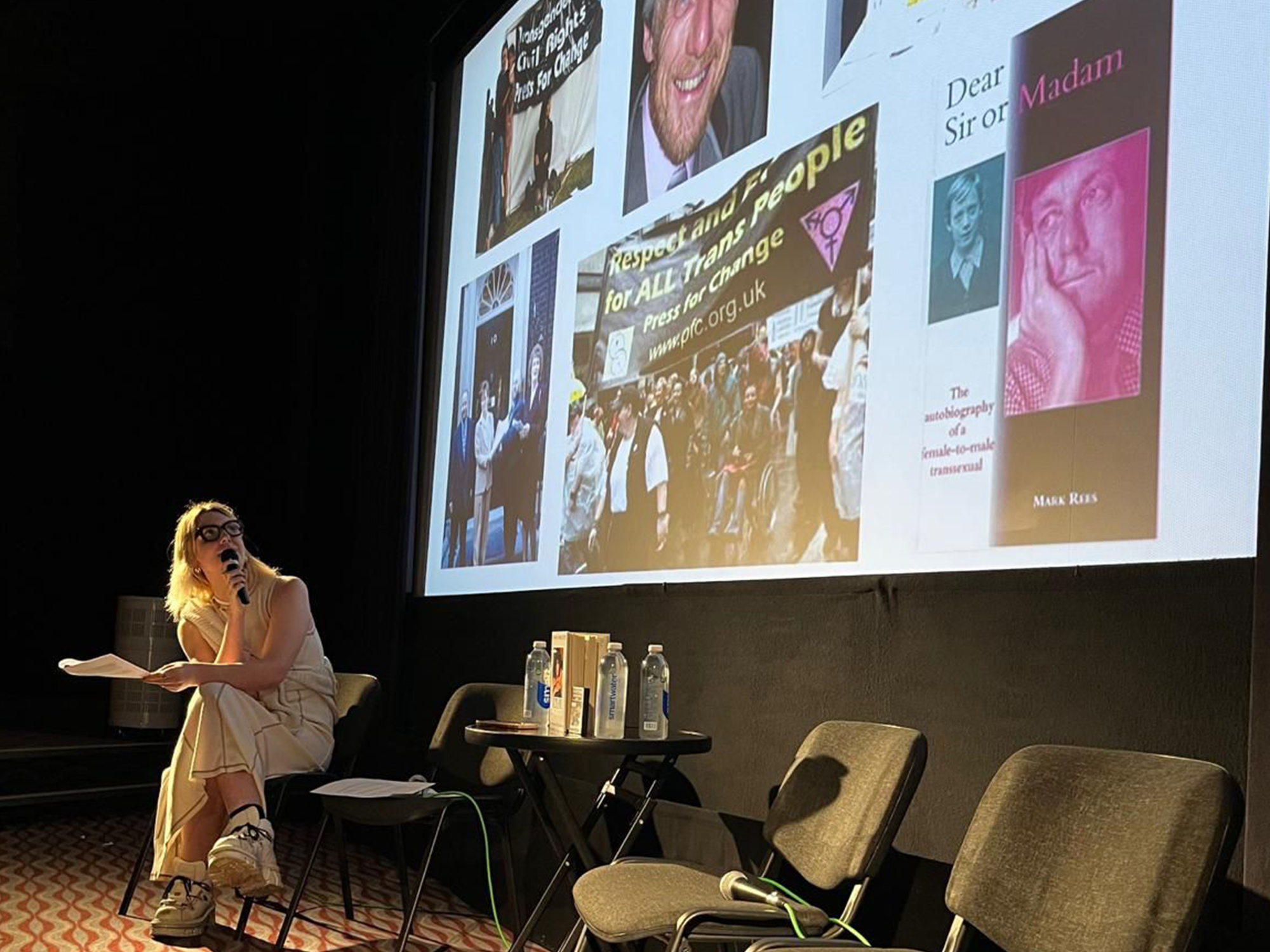













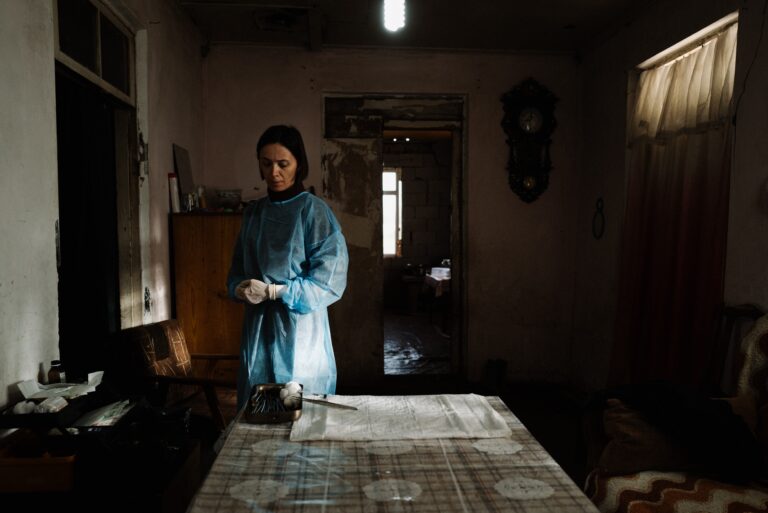





























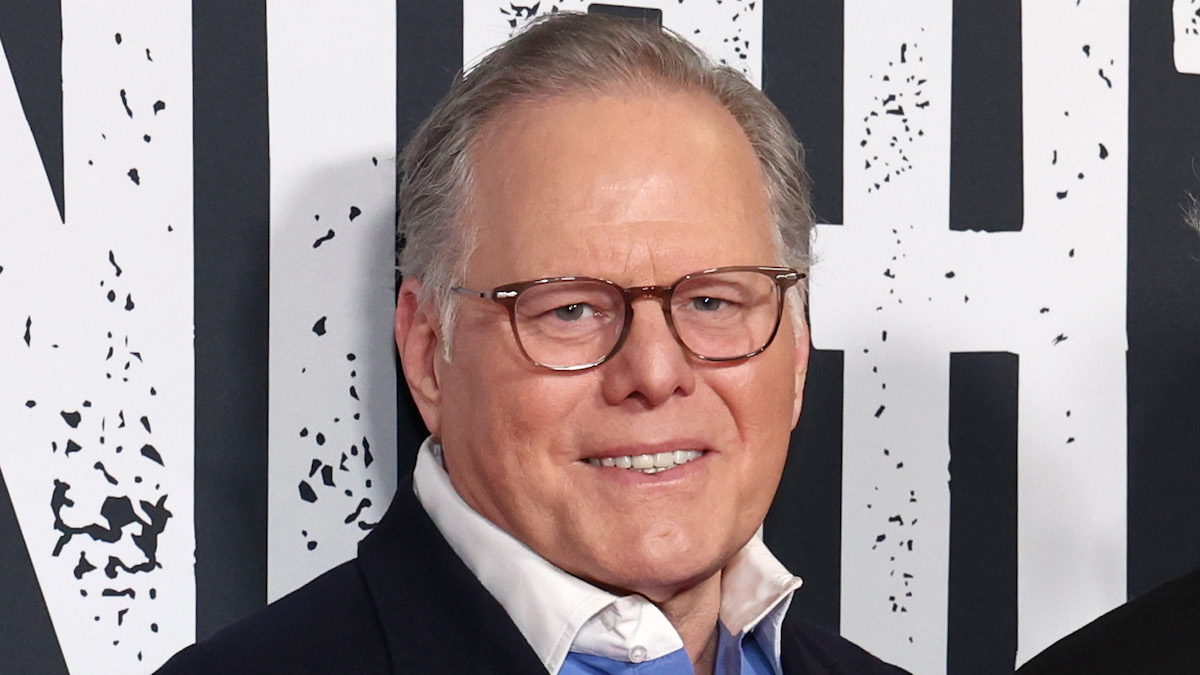

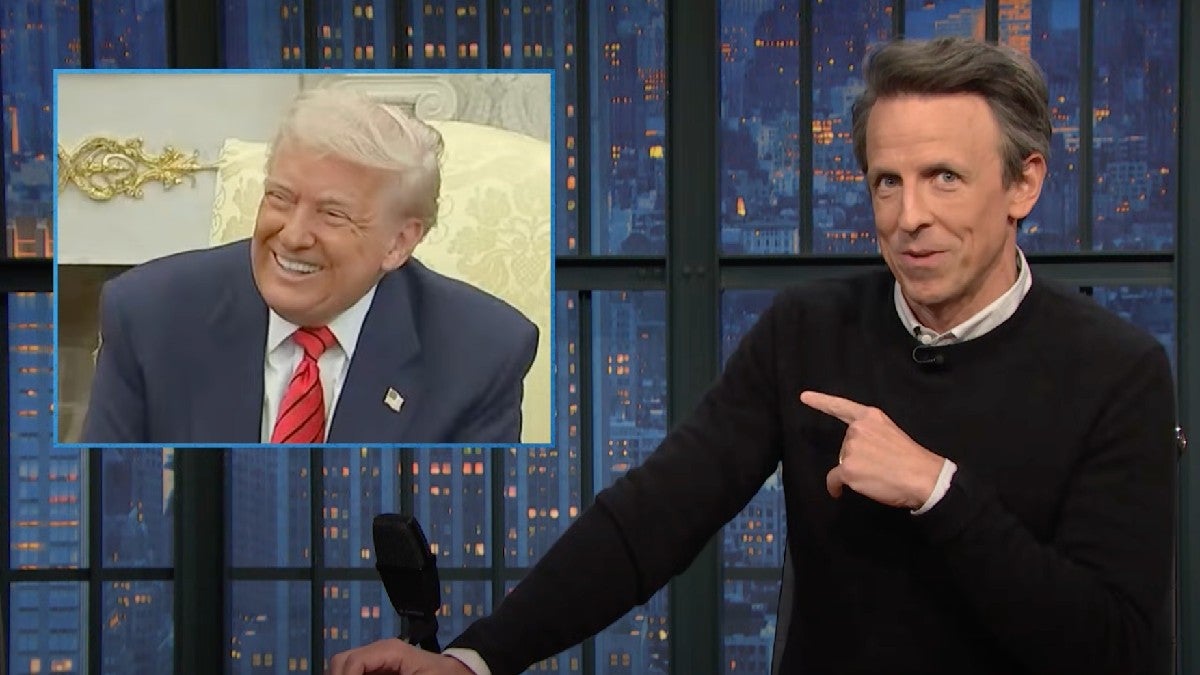





















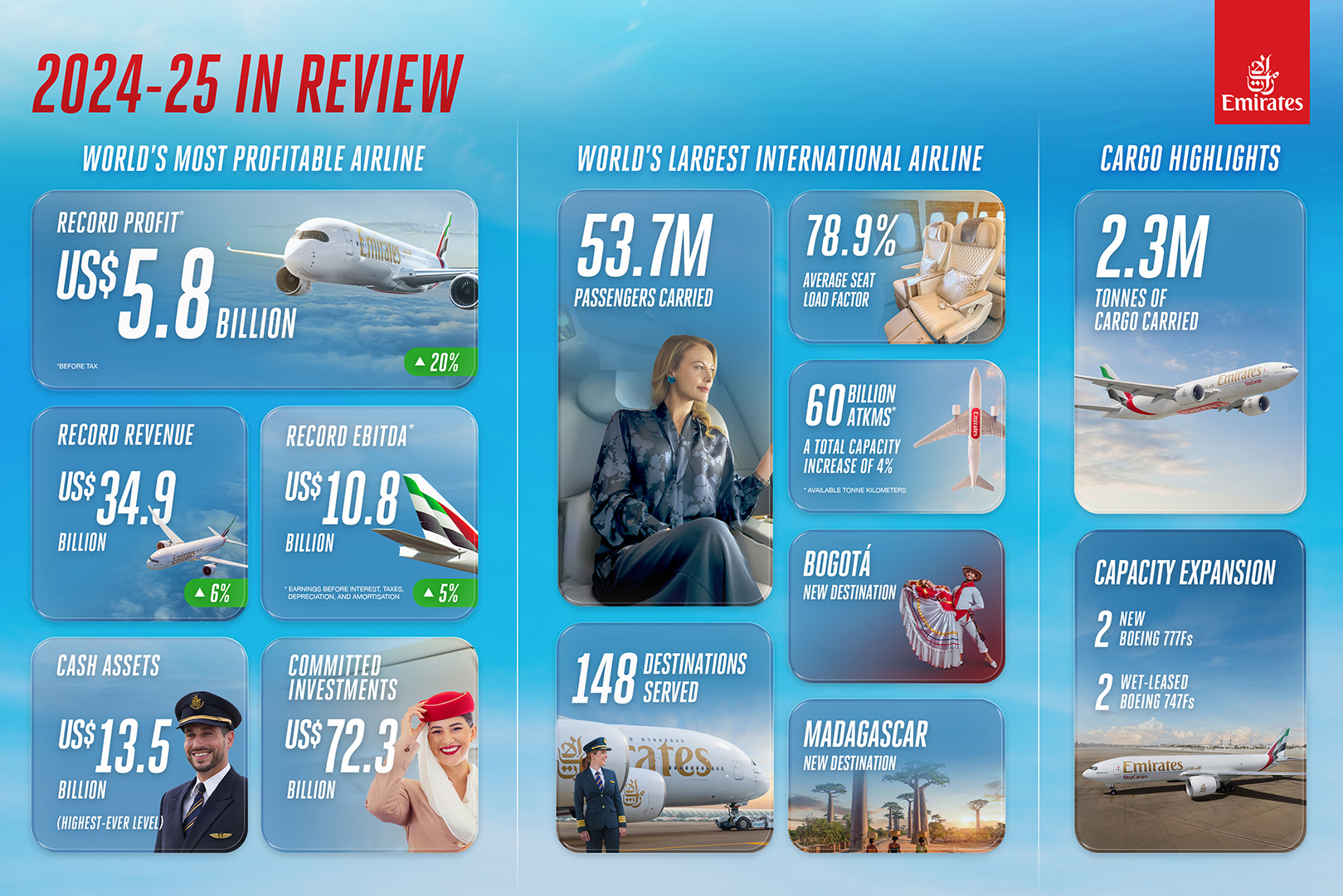

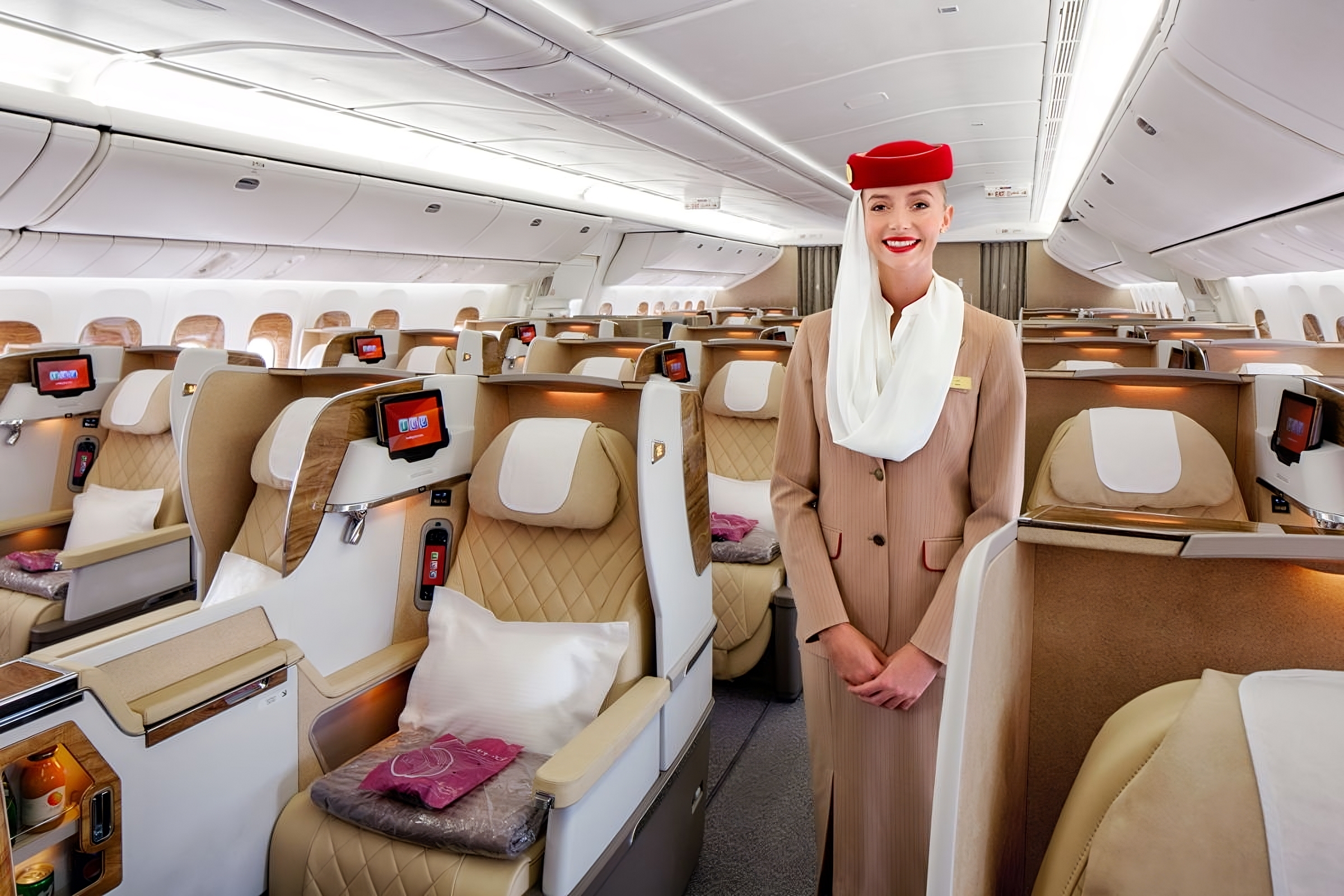












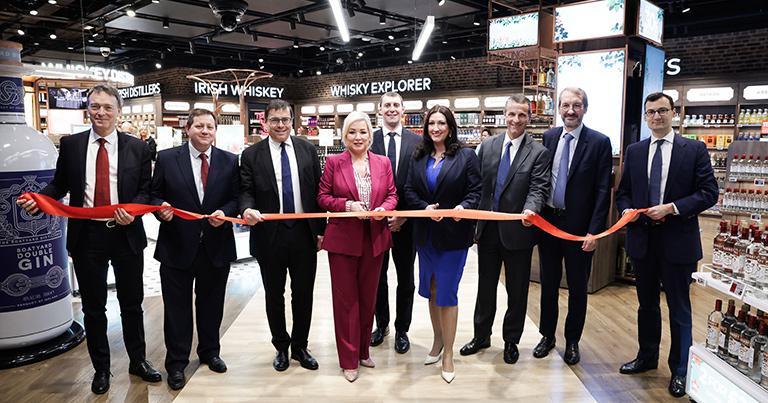
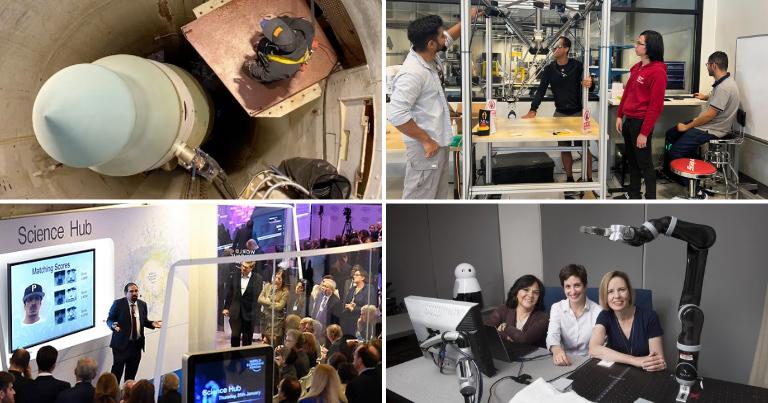

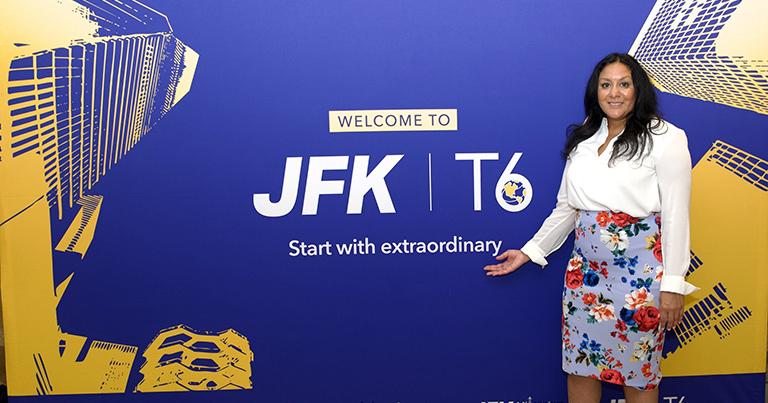


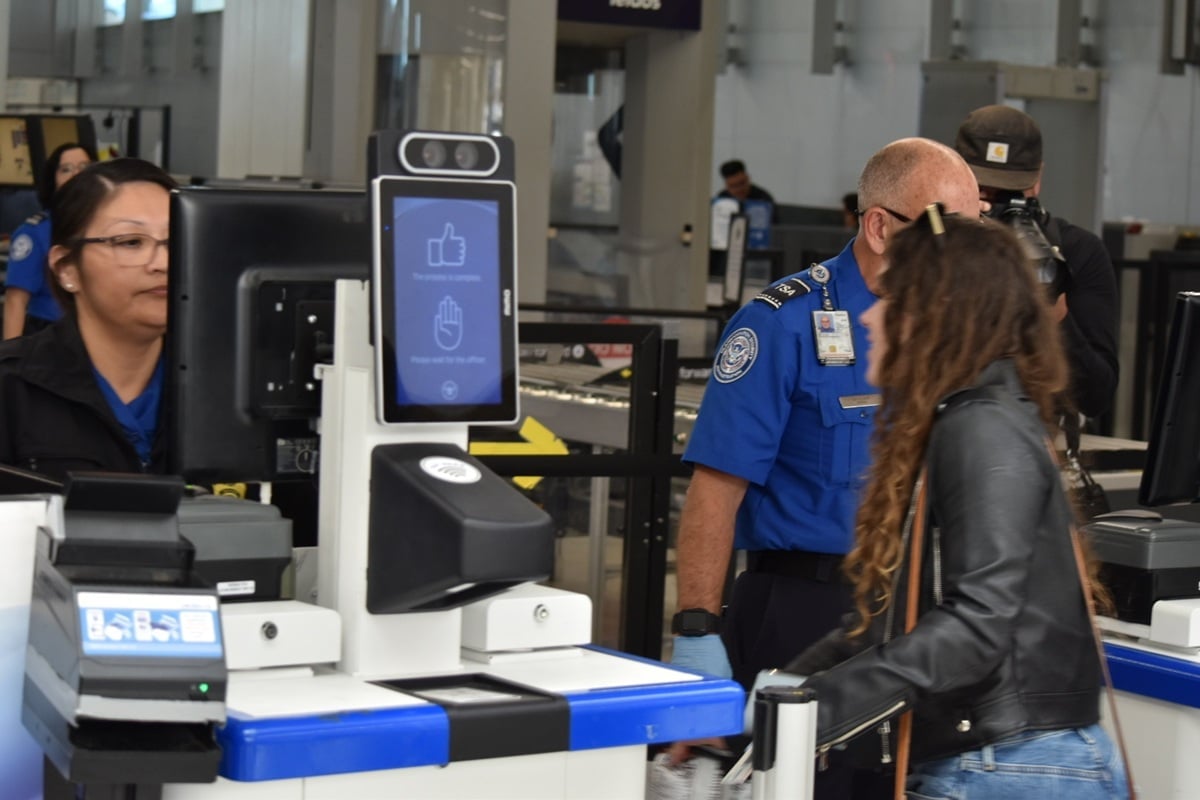


























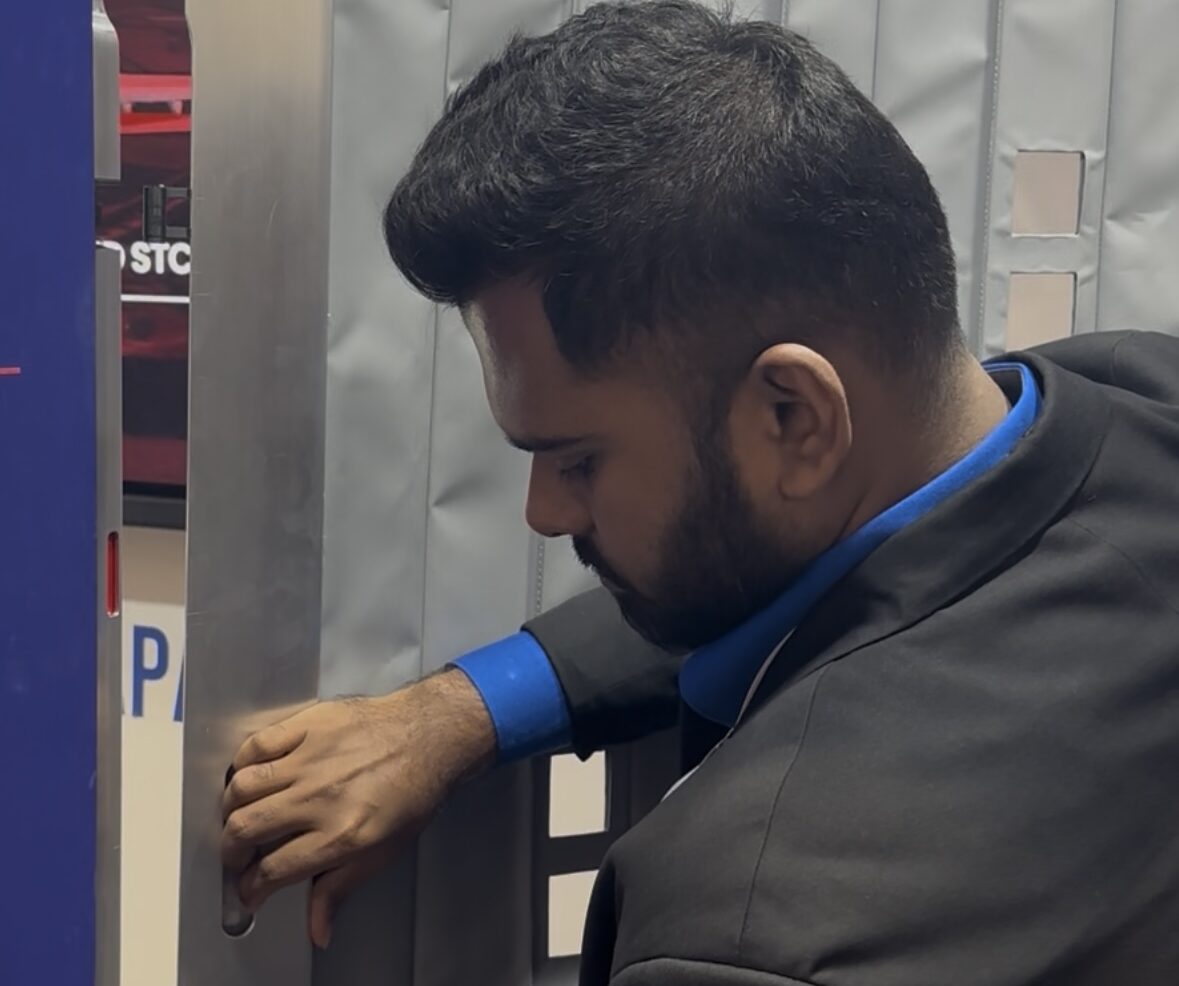

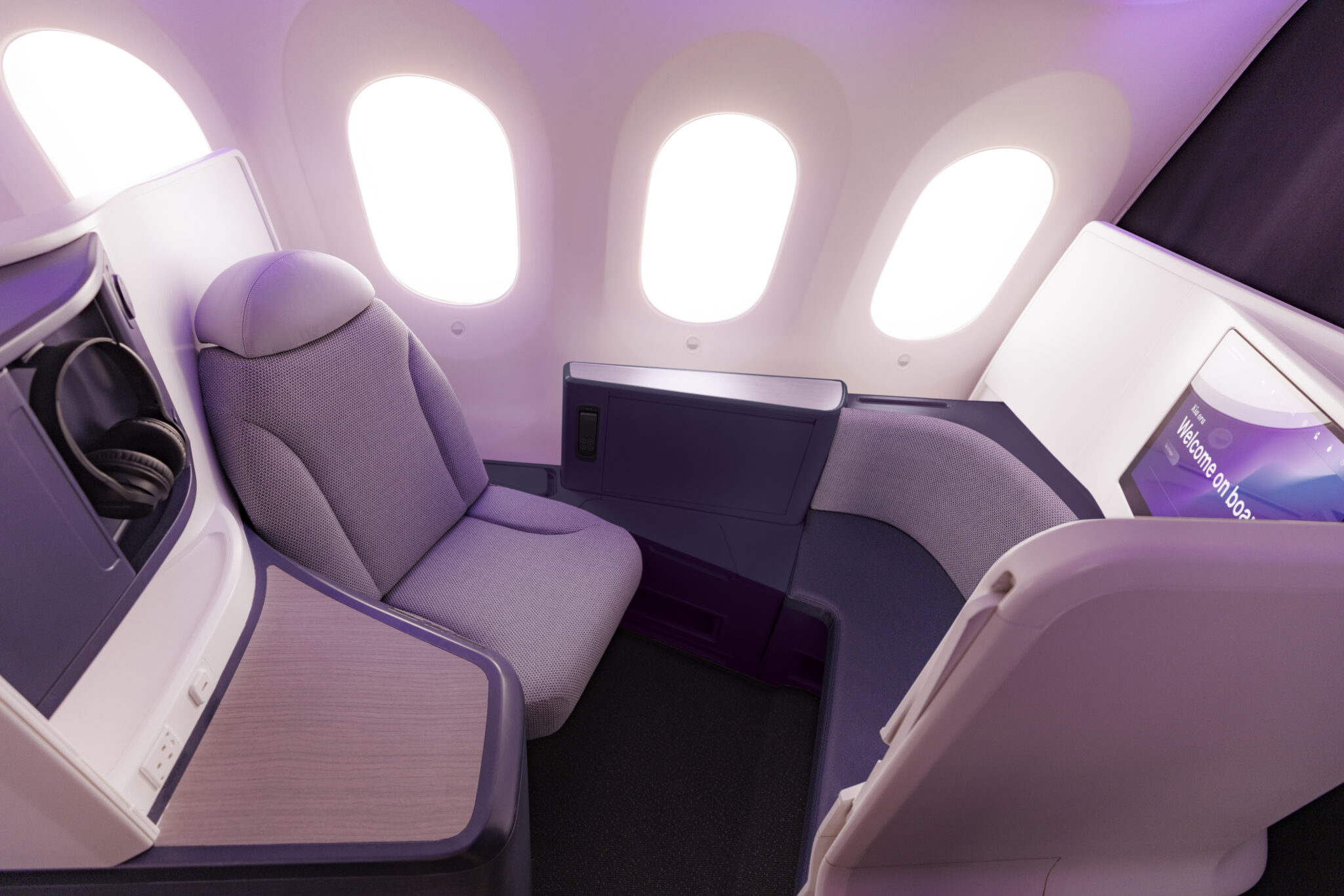









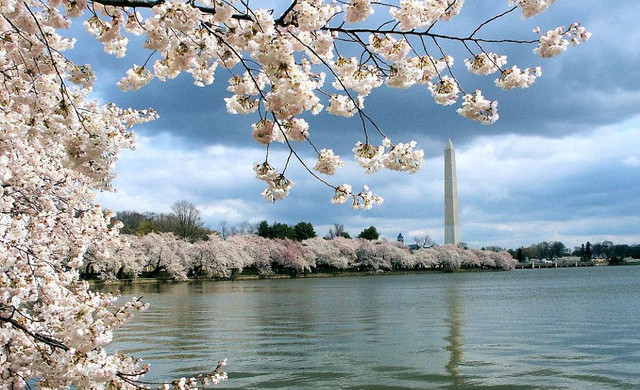




















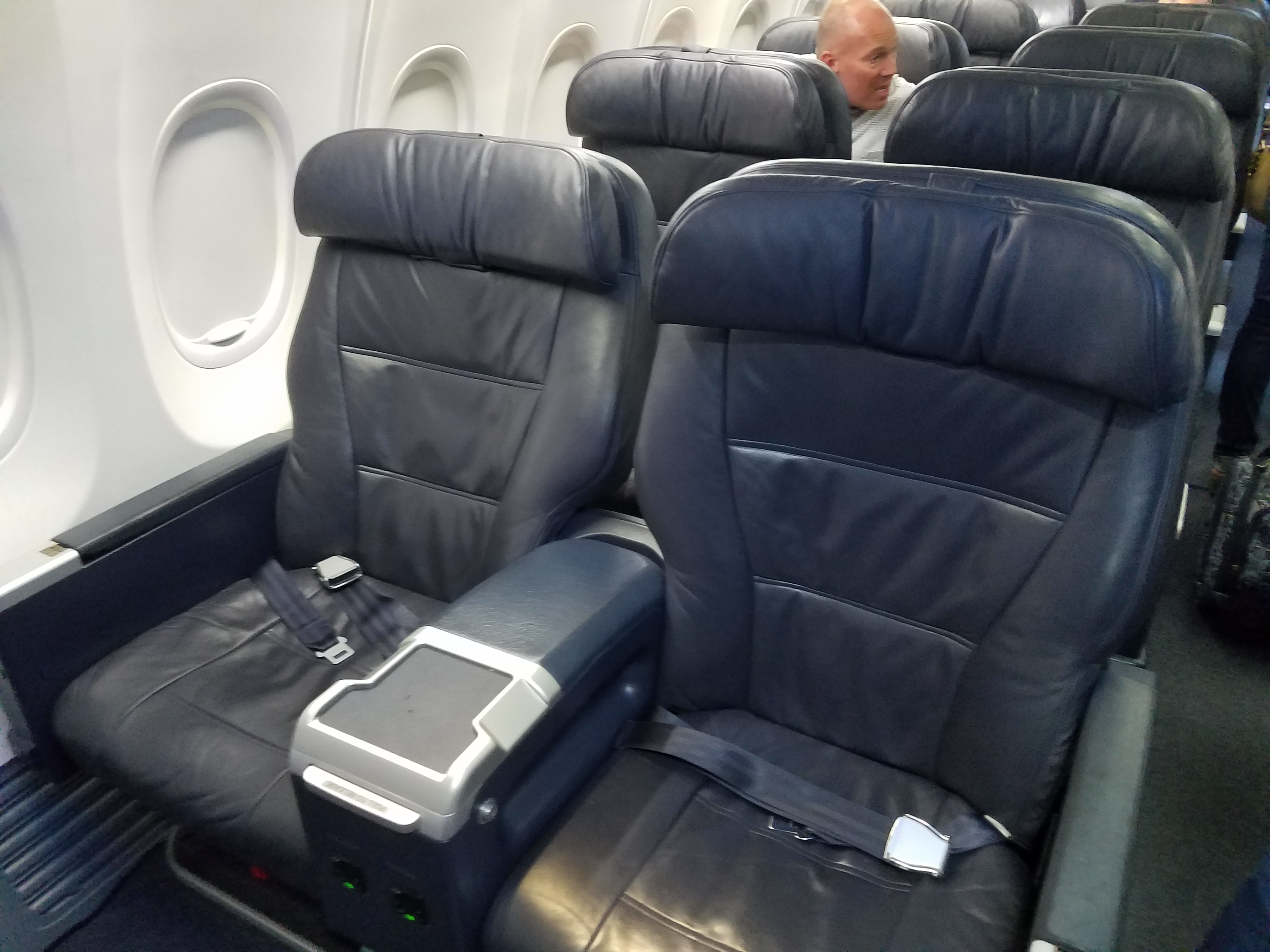


















-Nintendo-Switch-2---Reveal-Trailer-00-01-52.png?width=1920&height=1920&fit=bounds&quality=70&format=jpg&auto=webp#)



























































































































